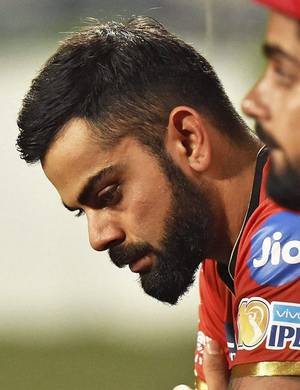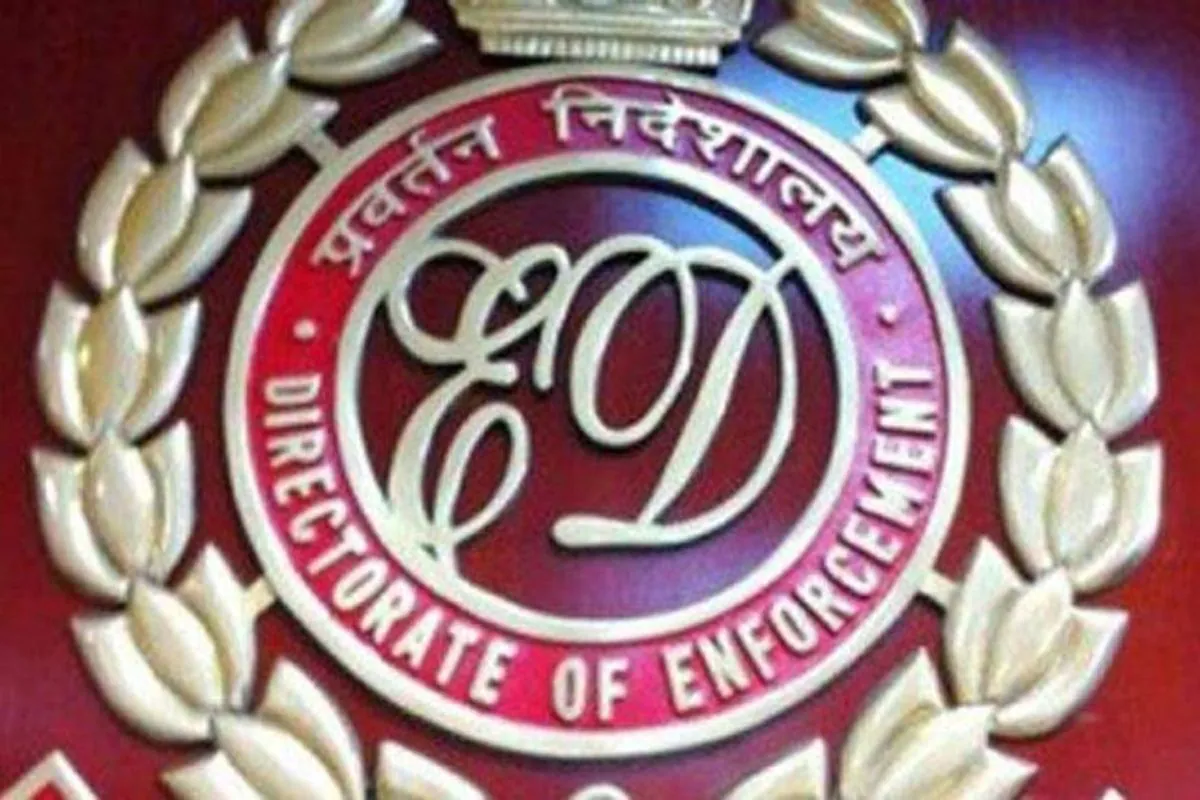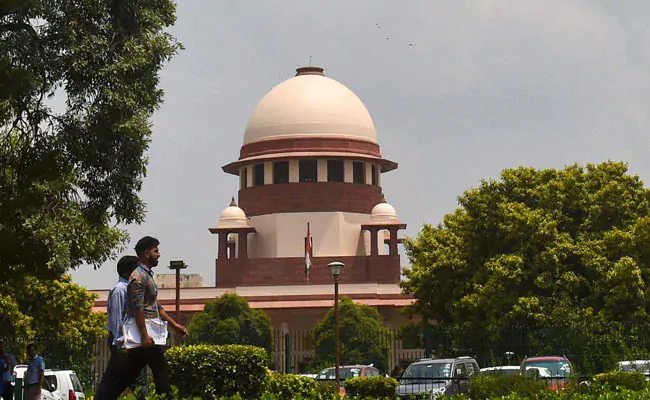They had the world’s most destructive batting line-up. And T20’s most economical bowler. What could possibly go wrong? A lot
With two wins from ten games in the 2017 Indian Premier League (IPL), Royal Challengers Bangalore were at the precipice. They still, however, had a mathematical chance of qualifying for the playoffs if they won their remaining games and waited on other teams to lose. However, their defeat to Mumbai Indians on Monday meant that even math couldn’t save them, and they became the first team to be eliminated. If that wasn’t embarrassing enough, their fate was sealed with three weeks to go for the tournament’s conclusion.
How did last season’s finalists nosedive? Here’s why:
Injuries
Nearly all teams started the tournament with injuries to key players, and RCB was one of the worst affected, with KL Rahul, Virat Kohli, AB de Villiers and Sarfaraz Khan in the casualties ward. Rahul and Sarfaraz were ruled out of the tournament at the beginning. Rahul’s absence meant they lost a steady opening batsman and it was so disorienting for the team that five different opening combinations were tried out in the first five matches. So far, RCB have tried six different opening combinations. Kohli made a cryptic comment after the Test series against Australia that he could be out for a “few weeks”. He ended up missing the first three games and RCB were relieved to have him back, considering how his four centuries transformed their fortunes last season after a similar horror of a start. Kohli has scored three fifties this season, but what of the others?
Misfiring Gayle, AB
How could a batting line-up comprising Chris Gayle, AB de Villiers and Kohli succumb to the lowest ever IPL score – 49 – and continue to look out of sorts? Even with the presence of stars, the planets just didn’t align for RCB. Gayle wasn’t in the best of form coming into the tournament and managed just one fifty in six games. RCB weren’t getting the starts they needed from him. De Villiers was at his stupendous best with an 89 in his first match (he missed the first two games) but his form fell away, with three consecutive single-digit scores. The burden again was on Kohli.
To rub it in, RCB had 41 single-digit scores, 16 more than the second-worst team, Delhi Daredevils (at the time of writing). A bizarre stat you normally wouldn’t associate with a line-up like RCB’s. After one defeat, Kohli pinned it down to a “fear of getting out”. It felt like a throwback to 2008, another nightmare of a season for RCB.
Bowler-friendly Chinnaswamy?
Season after season, RCB’s home ground, the M Chinnaswamy Stadium, had built on its reputation for being the “unofficial six-hitting capital of the country”, given its small dimensions and batting-friendly pitch. This is home to two IPL records – the highest individual score (Gayle’s 175) and the top two highest team scores of 263 and 248. However, this year, the batsmen haven’t found the conditions as easy. Till 2016, among all IPL venues, the Chinnaswamy’s run rate of 8.61 was the highest. This season, RCB’s average run rate at the venue is an underwhelming 7.42. The outfield was re-laid recently to improve the ground’s drainage. Could that have impacted the pitch?
Costly seamers
RCB’s squad has never been the most balanced. Usually, their line-up of power-hitters has helped cover the slack in the bowling department. This season, their spinners have been more effective, with Pawan Negi, Yuzvendra Chahal and Samuel Badree (the world’s most economical T20 bowler) all conceding less than eight an over. However, their seamers haven’t managed to keep things as tight, with Shane Watson, one of the better death bowlers in the world, leaking 9.87 an over.



